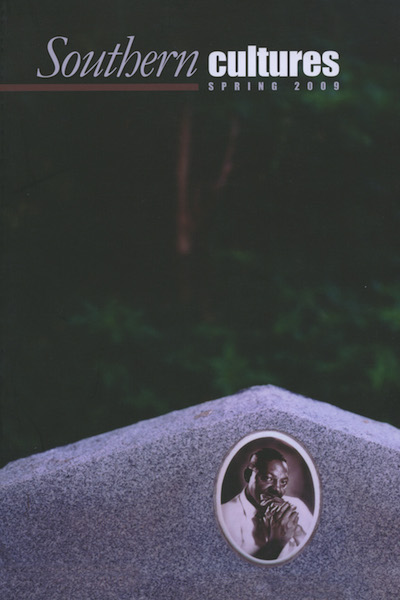Nearly a century ago W. E. B. DuBois won an essay contest sponsored by the United Daughters of the Confederacy—or at least, DuBois’s writing won the contest.”
Nearly a century ago W. E. B. DuBois won an essay contest sponsored by the United Daughters of the Confederacy in Columbia, South Carolina—or at least, DuBois’s writing won the contest. When someone sent DuBois a clipping of the winning essay, published in January 1912 along with a photograph of its “author”—University of South Carolina student Colin W. Covington—DuBois made it the basis of an editorial in The Crisis, the NAACP’s magazine he had edited since November 1910. Recalling that in 1901 he had written an article on the Freedmen’s Bureau for the Atlantic Monthly, DuBois noted, “It caused no stir in the world, but the editor kept it carefully in his archives to gloat over now and then in the fastness of his study when the family had retired. Imagine, now,” DuBois continued, “the editor’s gratification on reading this work of genius [Covington’s prize-winning essay] to discover that nearly one-half of the essay, and that the important and concluding half, was the editor’s own work.” After quoting several hundred words of Covington’s essay with his own essay in parallel columns, DuBois concluded, “Were the editor a grasping man he might (either for himself or for his race) ask to have a large share of that medal clipped from the proud young Southern breast that bears it and pinned on his own.” (DuBois never got a piece of the medal Covington had to return.) By comparing Covington’s plagiarized essay with its sources—DuBois was not the only one who deserved credit for Covington’s award—we can get a remarkable view on public attitudes in the early-twentieth-century South toward one of the most vilified institutions of Reconstruction.


